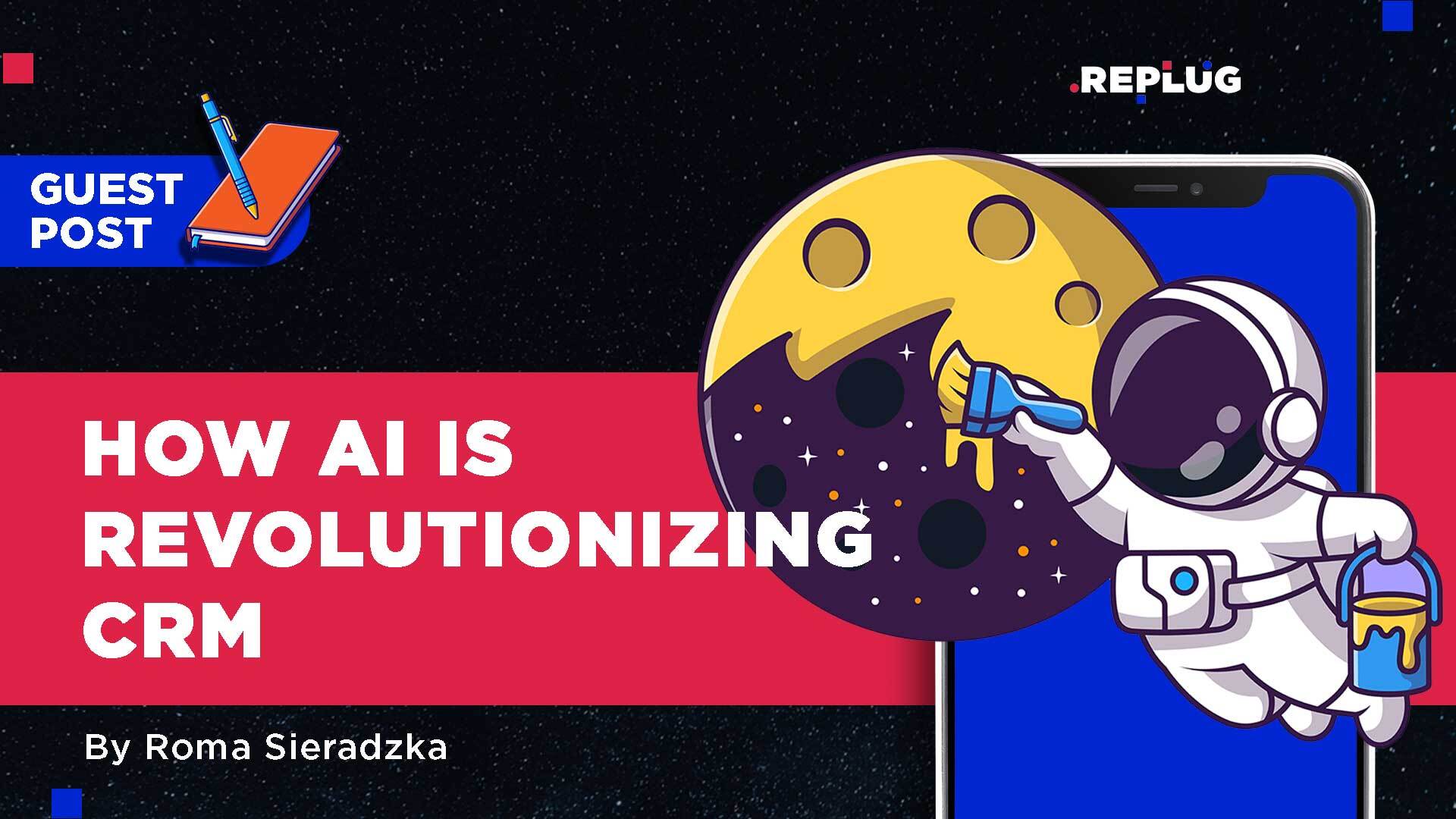How AI is Revolutionizing CRM

CRM has become a critical aspect of business operations across industries, as it helps companies manage their interactions with customers, leads, and prospects. Artificial intelligence (AI) has revolutionized CRM in recent years, making it more efficient, personalized, and effective.
AI has significantly impacted CRM, with many companies adopting AI-based tools to enhance customer interactions. In this article, we will explore the role of AI in CRM and its benefits to businesses.
1. Personalization
One of the most significant advantages of AI-based CRM is personalization. AI enables businesses to collect and analyze customer data to gain insights into their behavior, preferences, and needs. This information allows companies to tailor their marketing and sales efforts to each customer, providing a more personalized experience.
For instance, AI-based CRM can analyze customer behavior on a website or mobile app to understand their preferences and suggest relevant products or services. Similarly, it can analyze customer interactions on social media to provide personalized responses and offer targeted promotions.
2. AI-powered Chatbots
Chatbots are an essential component of AI-powered CRM, offering 24/7 customer support and improving the customer experience. Chatbots use natural language processing (NLP) to understand and respond to customer queries, enabling businesses to resolve customer issues quickly.
What is more, chatbots can provide personalized recommendations and suggestions based on customer behavior and preferences. This functionality allows businesses to improve customer engagement and retention while reducing support costs.
3. Predictive Analytics
Another critical advantage of AI-based CRM is predictive analytics. Predictive analytics uses machine learning algorithms to analyze customer data and predict their behavior, enabling businesses to make data-driven decisions.
For instance, predictive analytics can help businesses identify the most promising leads and prioritize their sales efforts accordingly. It can also predict which customers are most likely to churn and enable companies to take proactive measures to retain them.
Moreover, predictive analytics can help businesses optimize their marketing campaigns by identifying the most effective channels, messaging, and targeting.
4. Automated Lead Generation
AI-based Customer Relationship Management can also automate lead generation, enabling businesses to identify and qualify potential customers without manual effort. AI-powered lead generation tools use machine learning algorithms to analyze customer data and identify patterns that indicate a potential purchase.
For example, AI-based lead generation tools can analyze customer behavior on a website or mobile app to identify patterns that indicate a potential purchase. Similarly, it can analyze customer interactions on social media to identify leads and prospects.
5. Improved Customer Engagement
AI-powered CRM can improve customer engagement by providing personalized recommendations and suggestions based on customer behavior and preferences. Moreover, it can enable businesses to engage with customers through multiple channels, including email, social media, and chatbots.
AI in CRM can also improve customer engagement by providing real-time customer support through chatbots. Chatbots can promptly handle customer queries and issues, reducing wait times and improving customer satisfaction.
Furthermore, AI-powered digital CRM can provide personalized recommendations and suggestions based on customer behavior and preferences. This functionality allows businesses to engage with customers more meaningfully, improving customer satisfaction and retention.
AI in CRM: Conclusion
The role of AI in CRM is constantly changing, providing businesses with new opportunities to improve customer engagement and drive revenue growth. AI-powered CRM enables businesses to collect and analyze customer data to gain insights into their behavior, preferences, and needs.
What is more, AI-powered CRM can provide personalized recommendations and suggestions based on customer behavior and preferences, improving customer engagement and retention. It can also automate lead generation, enabling businesses to identify and qualify potential customers without manual effort.
Overall, AI-based CRM has become an essential tool for businesses that want to stay competitive in today’s fast-paced business environment. It offers numerous benefits, including personalization, predictive analytics, automated lead generation, and improved customer engagement.
As AI continues to evolve, we expect to see more innovative applications of AI in CRM soon.